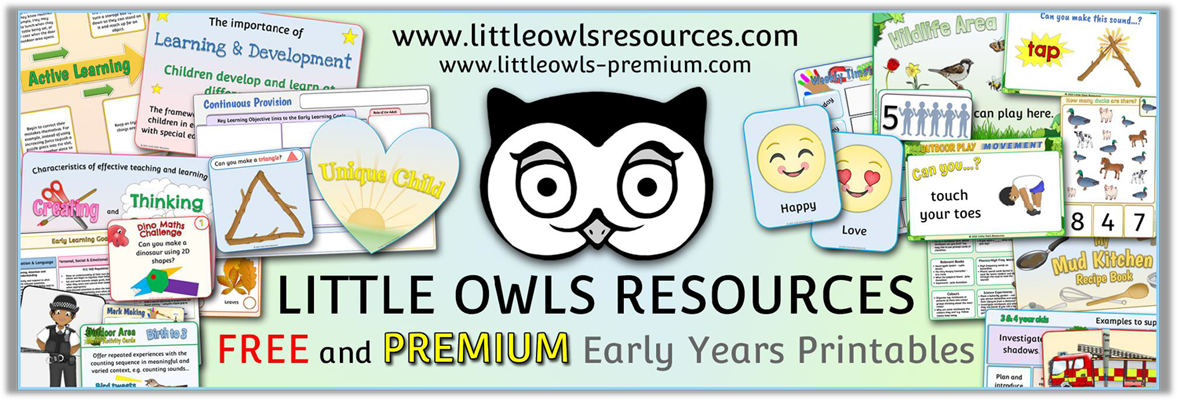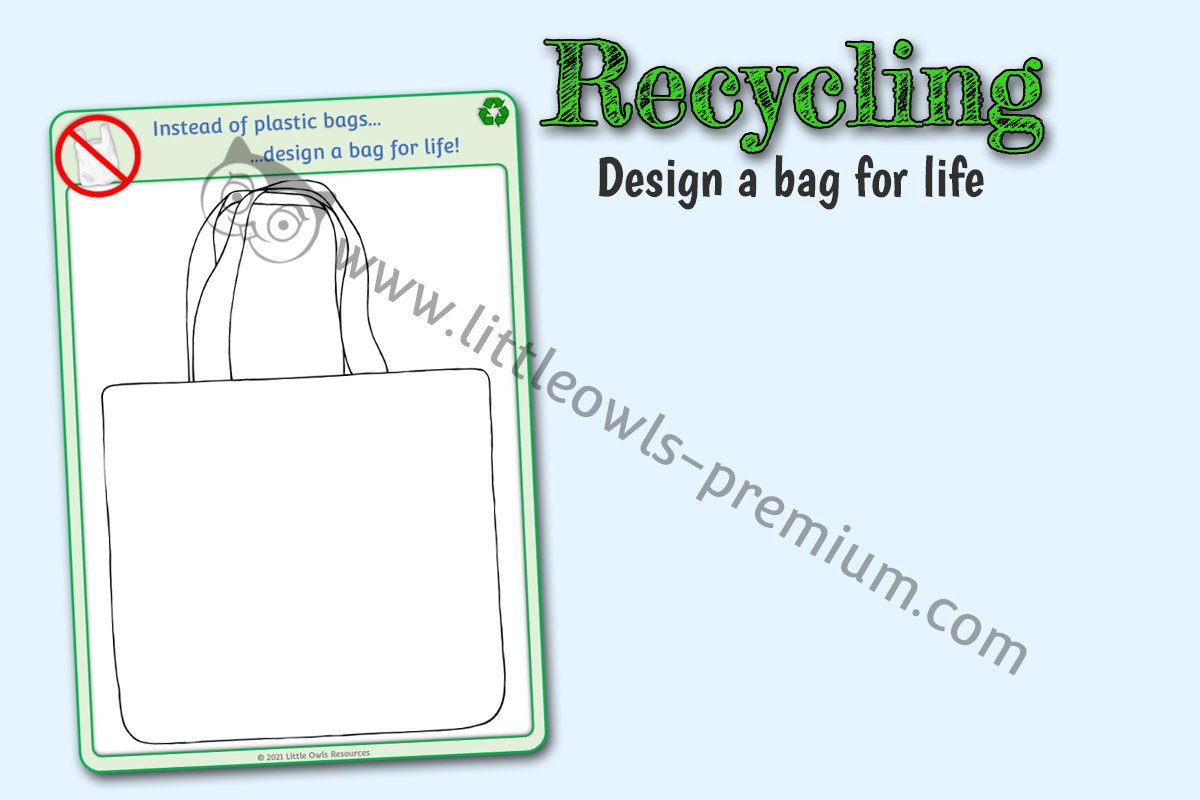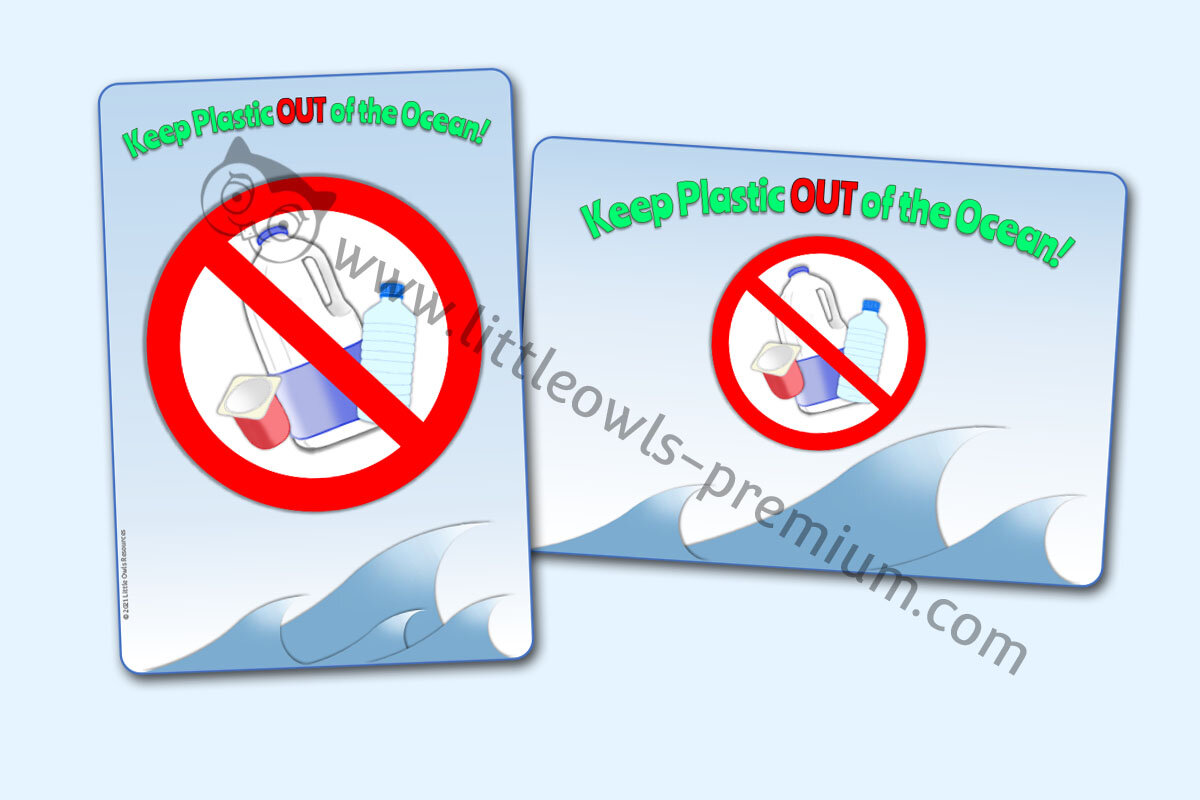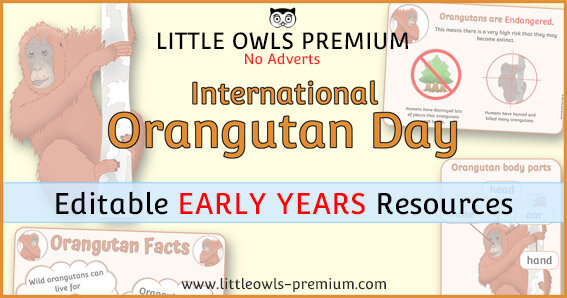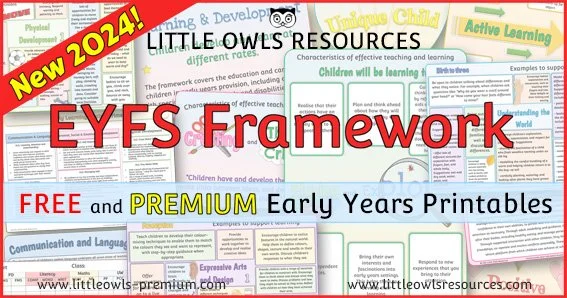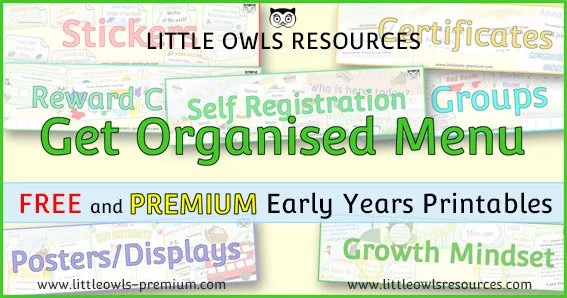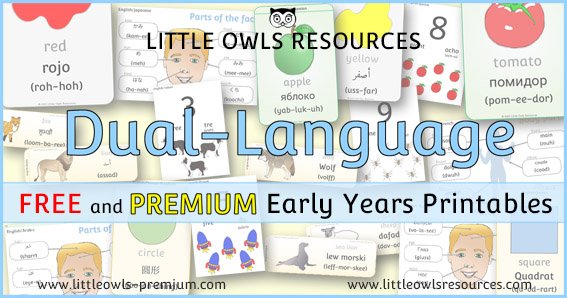Environment: EYFS/Early Years activities, Displays and ideas
🌍 Explore the wonders of 'The Environment' with our comprehensive collection of resources, designed to foster a love and understanding of our planet! This page is a gateway to a wealth of sub-topics, including Active Journeys, Beach School, Endangered Animals, Forest School, Gardening, Habitats, Life Cycles, Minibeasts, Ocean, Plants, Recycling, Water, Weather, and Wildlife. Delve into crucial topics like Plastic with resources such as 'Design a Bag for Life' activities, 'Don't Use Plastic Bags!' posters and more. Learn about 'What is the Earth?' with our engaging Earth Game, 'Earth - Our Home!' Multimats, and Earth Upper & Lower Case Alphabet Puzzle Game. We also highlight Related Special Dates to help you plan timely environmental awareness activities throughout the year. Get ready to nurture young environmentalists! ♻️
Please scroll down to browse our Environment themed activity ideas, printable educational materials, planning inspiration, display resources, classroom & setting management tools and much more! If you’re looking for Preschool, Nursery, Childminder, Reception, SEND or Home Education resources for 0-7 year olds, you’ve come to the right place! Our interactive and engaging EYFS and KS1 learning resources are lovingly made (including original hand drawn images) by early years teaching and learning experts; a husband and wife team. We hope it helps! 😊
Please choose from the sub-topics below:
(by clicking on the buttons)
Plastic
What is the Earth?
Related Special Dates
The Great Big Green Week
The Great Big Green Week is the UK's largest celebration of community action to tackle climate change and protect nature. Organised by The Climate Coalition, this annual event brings together individuals, schools, businesses, faith groups, and local organisations to showcase and promote environmental initiatives across the country.
🌍 What's it all about?
The week serves as a platform for communities to demonstrate their commitment to environmental sustainability. Activities during the week include:
Community Events: Organising local events such as litter picks, nature walks, and sustainability fairs.
Educational Initiatives: Schools and educational institutions hosting workshops, assemblies, and projects focused on climate change and environmental protection.
Sustainable Practices: Encouraging actions like clothes swaps, repair cafes, and promoting the use of renewable energy sources.
Advocacy and Awareness: Engaging in campaigns to raise awareness about environmental issues and influencing policy changes.
The overarching theme for 2025 is "Let's Swap Together for Good", emphasising the collective effort to adopt sustainable practices and make positive changes for the environment.
🤝 How can you get involved?
Participation is open to everyone, and there are numerous ways to contribute:
Organise an Event: Plan and host an event in your community to promote environmental awareness.
Join Existing Activities: Attend events and activities happening in your area during the week.
Educational Engagement: Incorporate environmental topics into school curricula or host workshops.
Promote Sustainable Practices: Encourage actions like reducing waste, conserving energy, and supporting local green initiatives.
For more information, resources, and to find events near you, visit the official website: greatbiggreenweek.com.
World Environment Day
World Environment Day is a global awareness event held every year on 5th June. It was established by the United Nations General Assembly in 1972 to encourage global awareness and action to protect the environment.
🌍 Purpose of World Environment Day
Raise awareness of critical environmental issues like climate change, biodiversity loss, pollution, and sustainability.
Encourage individuals, communities, schools, and governments to take action—both locally and globally.
Celebrate environmental progress while also calling attention to urgent challenges.
🧭 How it’s Marked in the UK
In the UK, World Environment Day is often observed through:
Educational events in schools and universities.
Community clean-up activities, tree planting, and conservation efforts.
Campaigns by charities and environmental organisations such as the Wildlife Trusts, WWF-UK, and Friends of the Earth.
Government and corporate initiatives focused on green policy, sustainability, and climate action.
🔁 Annual Themes
Each year has a different theme and host country (designated by the UN Environment Programme). Past themes have included:
"Beat Plastic Pollution"
"Only One Earth"
"Ecosystem Restoration"
🌱 Why It Matters
World Environment Day is one of the most visible global platforms for environmental outreach, with millions of people participating through online campaigns, policy debates, and grassroots action.
International Plastic Bag Free Day
International Plastic Bag Free Day is observed annually on July 3rd to raise awareness about the environmental impact of single-use plastic bags and to promote sustainable alternatives.
🌍 Purpose and Origins
Established in 2008 by environmental organisations such as GAIA (Global Alliance for Incinerator Alternatives) and Zero Waste Europe, the day aims to eliminate single-use plastic bags worldwide. It is part of the broader Break Free from Plastic movement, which seeks to reduce plastic pollution and encourage sustainable living practices.
🛍️ Environmental Impact of Plastic Bags
Longevity: Plastic bags can take between 100 to 1,000 years to degrade, often breaking down into microplastics that persist in the environment.
Pollution: They contribute significantly to land and marine pollution, harming wildlife and ecosystems.
Resource Use: The production of plastic bags consumes fossil fuels and water, contributing to environmental degradation.
🌱 Global Response
In response to the environmental challenges posed by plastic bags, many countries have implemented bans or levies:
Bangladesh: First country to ban plastic bags in 2002 after severe flooding was exacerbated by clogged drainage systems.
Ireland: Introduced a plastic bag levy in 2002, resulting in a 94% reduction in usage.
Kenya: Implemented one of the world's strictest bans in 2017, with heavy fines and jail terms for violations.
These measures have led to significant reductions in plastic bag consumption and have inspired similar actions worldwide.
✅ How to Participate
Use Reusable Bags: Opt for cloth, jute, or other sustainable materials when shopping.
Educate Others: Share information about the environmental impact of plastic bags and promote alternatives.
Support Legislation: Advocate for policies that reduce plastic bag usage in your community.
Organise Clean-ups: Participate in or organise local events to clean up plastic waste.
By taking action on International Plastic Bag Free Day, individuals and communities contribute to a global effort to reduce plastic pollution and protect the environment for future generations.
Awareness Dates related to ‘The Environment’…
(Click on the buttons below for resources)
